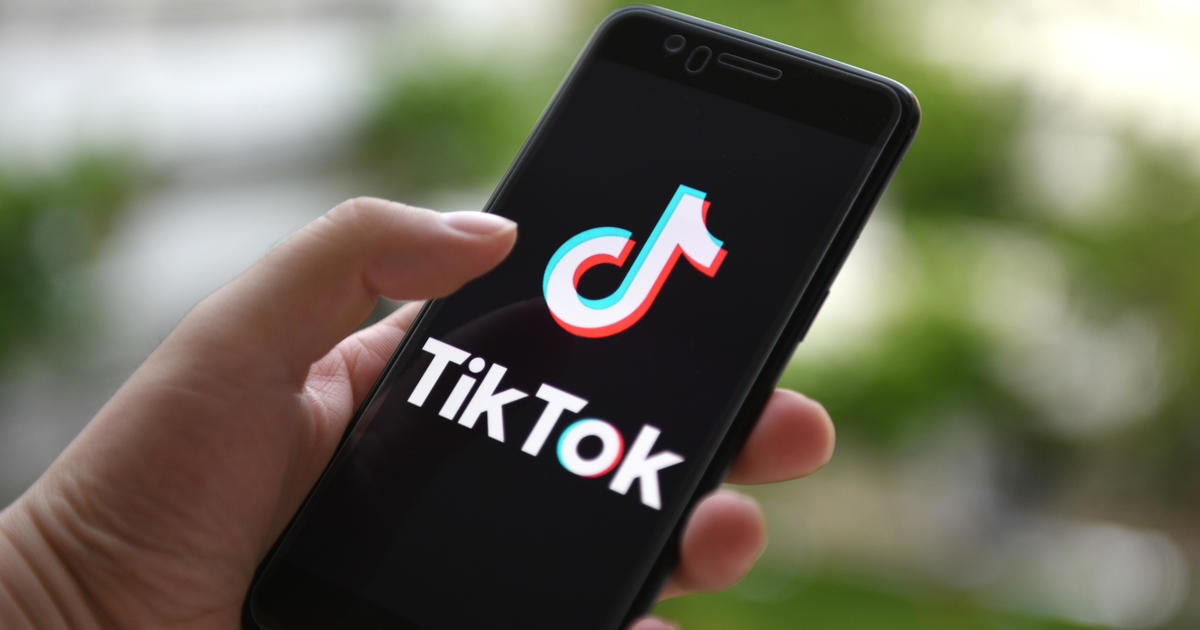The social networking platform Tik Tok, owned by the Chinese technology company ByteDance, is planning to launch a music streaming service.
The Tik Tok parent company ByteDance has recently submitted a trademark application with the US Patent and Trademark Office. According to Insider, the service name is “Tik Tok Music,” and it would allow users to “purchase, play, share, download music, songs, albums, lyrics, quotes, create, recommend, share his/her playlists, lyrics, quotes, take, edit and upload photographs as the cover of playlists, comment on music, songs, albums”.
Users can also “live-stream audio and video interactive media programming in the field of entertainment, fashion, sports, and current events”
However, not quite long that it revealed a feature on its intention of paying creators on its platform.
Resso, Tik Tok Music Prototype
ByteDance operates a comparable music streaming service called Resso. This service is currently accessible in India, Brazil, and Indonesia. Based on the information provided in the trademark application, it seems that Resso and TikTok Music share several of their functions, such as community interaction, music sharing, and playlists.
Resso was developed as a prototype, and it is possible that Resso may serve as a preview of what Tik Tok Music will provide in the near future. The fact that Tik Tok is now sending users in Brazil to Resso to listen to the complete version of the song attests to the claims. This method may also be applicable to the version of TikTok available in the United States as well as its Music division.
About Resso

Resso is not free like its sister app Tik Tok, which is supported by ads. Instead, it’s a “freemium” app, like Spotify and some other big music apps. A free tier has ads and limits streaming quality to 128 kbps. A premium, ad-free tier boosts streaming quality to 256 kbps, includes downloads and the ability to skip tracks, and costs INR 99/month ($1.35/month) on Android and INR 119/month ($1.62/month) on iOS. Resso doesn’t say anything about why iOS costs more.
Resso let people test it out in India and Indonesia for about two months before the launch (it remains in test mode in the latter). India was chosen as the first place to focus on because it has a huge number of young mobile users.
“India has the largest population of GenZ as compared to any other country globally,” Hari Nair, Head of Music Content & Partnership, Resso India, told TechCrunch. “With the core of Resso’s target audience being GenZ, it is only logical for Resso to make its debut in India. We will discuss additional markets when appropriate.”
Tiktok Rivals Spotify and Apple Music
ByteDance, being such a large and successful firm, would never submit an application for a trademark for no good reason. Insider explained that for a business to be granted a patent in the United States, it must demonstrate either that it is currently employing the trademark in question in connection with the provision of the specified services or that it has a genuine (bona fide) intention to do so in relation to the marketing of a product.

In the trademark registration file, ByteDance also noted that users may “live stream audio and video interactive media programming in the field of entertainment, fashion, sports, and current events.”
Recent developments provide evidence that Tik Tok is working toward introducing its own music streaming service, which would position it as a competitor to Apple Music and Spotify. Tik Tok is already a formidable competitor to Meta and the sites that are part of Meta’s ecosystem, such as Facebook and Instagram. In addition, TikTok has only just begun testing out the addition of minigames to its platform, and it is even considering letting users add games as attachments to their videos. It would seem like TikTok is getting ready to make an entrance into the game business as well as the music industry.
TikTok Could Be the Next Phase of Streaming Service
“Tik Tok has really become a critical part of artist storytelling,” During a webinar on Tik Tok’s impact on the music industry, Kristen Bender, Senior Vice President of Digital Strategy and Business Development at Universal Music Group, gave a statement to Insider. “Our labels have been extremely leaned into the platform.”
There is some justification for the focus that the industry is placing on Tik Tok. Songs that become popular on Tik Tok frequently go on to chart on other platforms such as the Billboard 100 or the Spotify Viral 50. According to a study that was conducted in November for TikTok by the music-analytics business MRC Data, 67 percent of the app’s users are more inclined to seek out songs on music-streaming services after hearing them on TikTok.
Tik Tok has become a central location for record companies to advertise new releases and tunes from their back catalogues. Additionally, a brand new group of social media music marketers has emerged to lend assistance to the promotional activities being undertaken by the app.
As the number of users on TikTok has increased and the platform’s content has gotten more abundant, marketers are increasingly looking to micro-influencers rather than celebrities to promote song campaigns.
“The price point for mega stars is extremely high,” Zach Friedman, a co-founder at the upstart record label Homemade Projects, told Insider. “The way the TikTok algorithm works, it’s hard to know what’s going to be successful. Instead of paying a premium for a D’Amelio, you could pay a micro-influencer $200 and their Tik Tok could get 10 million views. Because of this, it’s better to cast a wider net.”




